Taliban leader Mansour: man of war, not peace talks
In Pakistan, Mansoor developed links with the country's Inter-Services Intelligence (ISI) agency
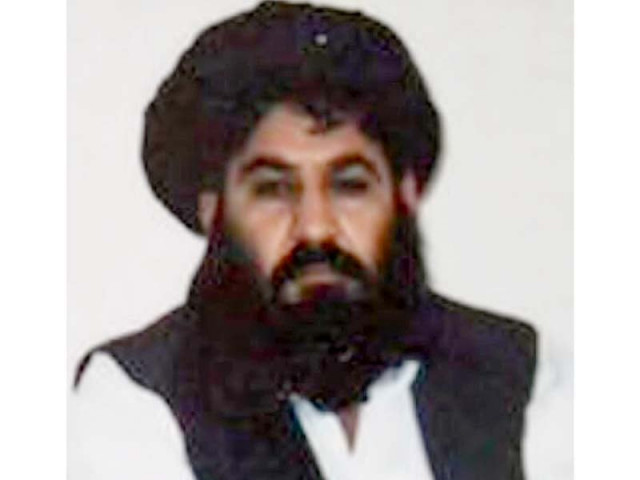
A file photo of Mullah Akhtar Mansoor.
He was initially thought to favour peace talks with the government, but after becoming leader he repeatedly refused to come to the negotiating table.
Taliban leader Mullah Mansoor 'likely killed' in US drone strike: official
For some Mansour was the obvious choice to succeed Mullah Omar, the one-eyed warrior-cleric who led the Taliban from its rise in the chaos of the Afghan civil war of the 1990s.
Born in the same southern province, Kandahar, some time in the early 1960s, Mansour was part of the movement from the start and effectively in charge since 2013, according to Taliban sources.
Mansour spent part of his life in Pakistan, like millions of Afghans who fled the Soviet occupation.
There he reportedly developed links with the country's Inter-Services Intelligence (ISI) agency, which nurtured the Taliban in the 1990s and even now is regularly accused of fuelling the insurgency.
He served as civil aviation minister in the Taliban government which ruled Afghanistan from 1996 until it was ousted by the US-led invasion in 2001, when he fled again to Pakistan.
He repeatedly showed a canny ability to navigate between different currents in the Taliban movement, from the Quetta Shura to the "political office" in Qatar to commanders on the ground in Afghanistan.
To take the leadership he outmanoeuvred Mullah Yakoub, Omar's son who was favoured by some commanders as the new leader but judged too young and inexperienced at 26.
But his leadership got off to a rocky start.
Operation against terrorism:Thank you Raheel, Nawaz, Shahbaz, lawmakers say
Some Taliban were unhappy at the thought Mansour may have deceived them for over a year about Omar's death and others accused him of riding roughshod over the process to appoint a successor.
While Mansour was close to his predecessor, he wasn't known for having Omar's aura of religious authority though the Taliban did confer upon him the title "leader of the faithful", by which the old chief was known.
He initially faced a huge challenge in trying to unite a movement that was already showing signs of fragmenting and questions about his legitimacy at the highest echelon of the Taliban did not bolster his position.
But analysts say Mansour quickly set out to consolidate his authority, rooting out opposition to his leadership by buying the support of rebellious commanders, quashing renegade groups and luring dissidents with leadership positions.
There was speculation about Mansour's fate last summer following reports he was critically wounded in a firefight with his own commanders in Pakistan shortly after he assumed the mantle of leadership.
The Taliban subsequently released an audio message purportedly from Mansour, vehemently rejecting reports of any shootout as "enemy propaganda".
The hardline group has seen a resurgence under Mansour's leadership, leaving Afghan forces struggling to rein in the expanding insurgency.
Afghan peace process: Islamabad denies holding Taliban under its thumb
They briefly captured the strategic northern city of Kunduz in September in their most spectacular victory in 14 years.
The militants have also claimed a series of high-profile attacks over the past year on embassies, media as well as the UN and NATO properties in and near the diplomatic quarter in Kabul.
In a recent message posted online, Mansour told his followers to prepare for "decisive strikes" during the Taliban's annual spring offensive.
Speaking on condition of anonymity, a US official on Saturday said Mansour was targeted and "likely killed" in a US drone strike in a remote area of Pakistan along the Afghan border.

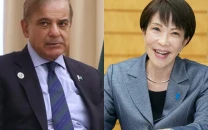
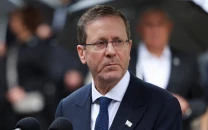
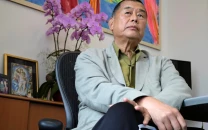
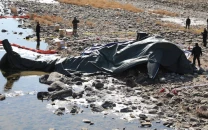
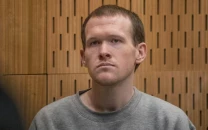
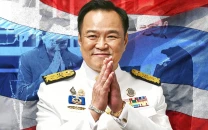











COMMENTS
Comments are moderated and generally will be posted if they are on-topic and not abusive.
For more information, please see our Comments FAQ